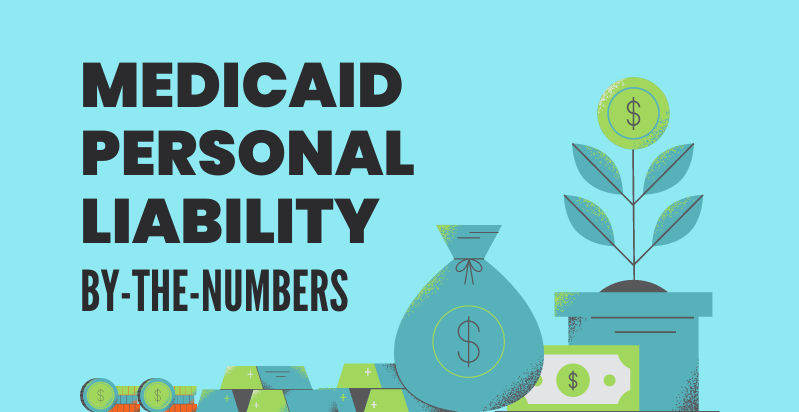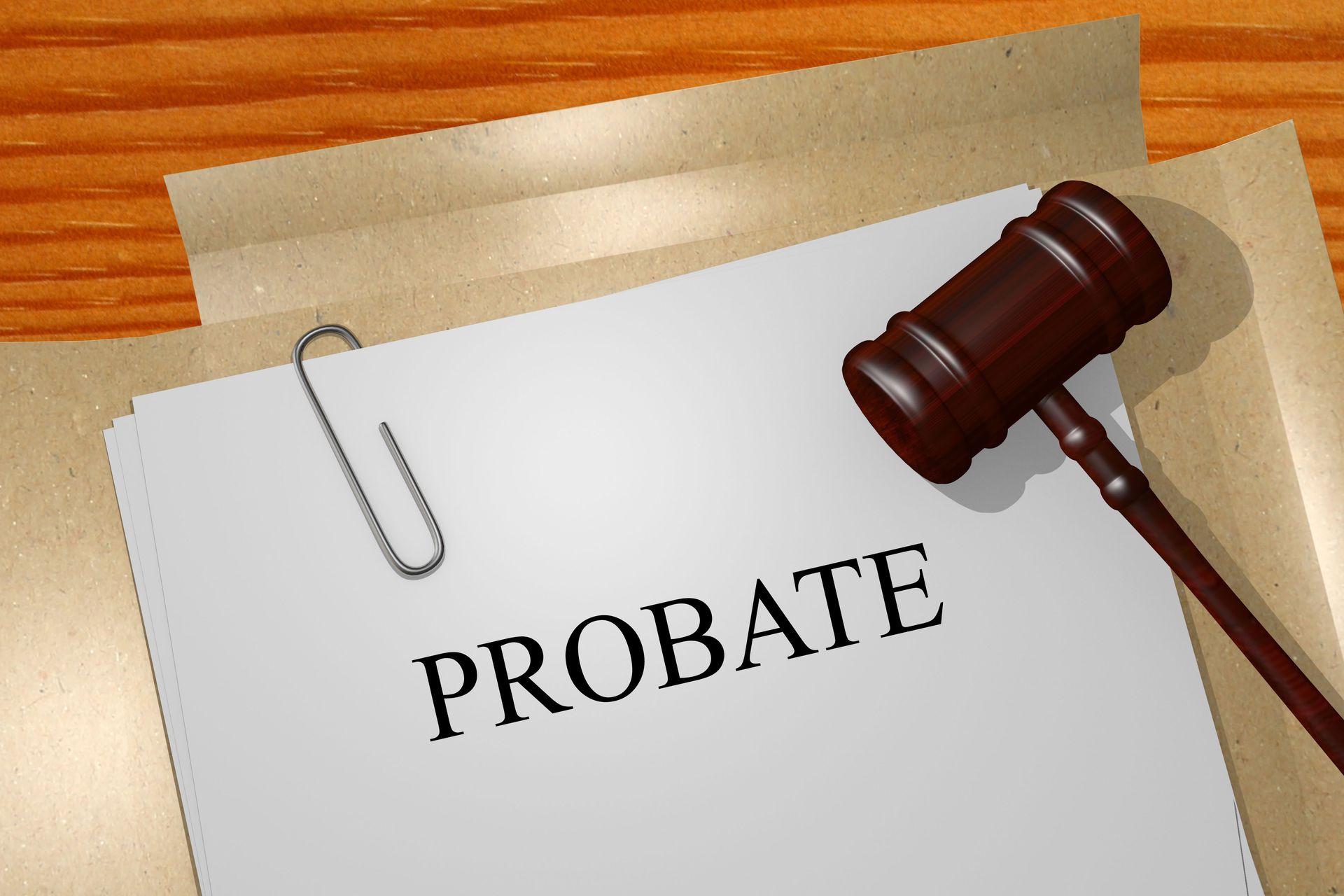The Brave New World of Cryptocurrencies and Estate Planning
To ensure that clients’ digital assets are passed on to heirs and beneficiaries, advisors should review and take these important measures.
When it comes to digital assets, the future is here and right now. While you can’t be sure about the value of cryptocurrencies, you can be sure of one thing: one day, the human owner of the digital assets will die. What happens then? This article from ThinkAdvisor, “4 Key Steps for Estate Planning with Cryptocurrencies,” explains how cryptocurrency investors can pass their digital assets to their heirs through estate planning.
Record Private-Key Custody and All Access Details. Digital currency is not the same as bank or investment accounts. The information can be lost permanently, if the investor fails to share the access information. Here’s what needs to be shared for most cryptocurrencies:
Private Key – A public-private key system is used to ensure transactional validity. The public key becomes public every time the cryptocurrency is bought and sold but only the owner knows the private key. This is used to verify ownership and access accounts. A physical record of the key must be created and maintained. Keeping it in a bank safety deposit box or home safe insulates the private key from hacking.
Passwords – Investors who do not secure their digital assets in “hardware wallets,” often have their cryptocurrency stored on default digital wallets provided by an exchange. The owner must share their user name, password and security question information with the exchange, so that digital assets can be retrieved.
Two-Factor Authentication – Many exchanges require investors to use two-factor authentication, usually via a mobile app that provides a unique time to gain access. User name, password and security system must be recorded for anyone else to access.
Use a Hardware Wallet. Once digital currency is purchased on an exchange, it is automatically stored on the exchange’s default wallet, so the investor can access them. However, these default wallets are susceptible to hackers. Investors should immediately transfer their currency to a hardware wallet. Purchased online, they are generally encrypted flash drives that require a password or PIN code to gain access. If you lose that flash drive, or password or PIN code, you may have lost all the assets. However, some hardware wallets support 24-word recovery phrases to help investors restore their accounts. Investors are advised to buy a secondary hardware wallet and make an exact duplicate to have another means of access.
Uniform Fiduciary Access. Roughly 24 states have passed some version of the Uniform Fiduciary Access to Digital Access Act. These laws empower fiduciaries to manage digital assets. However, they may not yet provide that same level of power for cryptocurrencies.
Determine Tax Liability. The IRS treats digital assets as property, rather than currency for tax purposes, so any capital gains or losses in digital asset transactions must be reported. Many online digital asset exchanges provide data that tracks sales and purchases. However, they don’t always provide enough information to determine the tax basis. Record and save information on every transaction to be able to do the calculations on your tax liability.
If you are involved in cryptocurrency and want to be able to pass these assets along to your heirs, you will need to plan ahead. Speak with an estate planning attorney who is familiar with this new kind of property to ensure that your investments in this new asset do not disappear.
Reference : ThinkAdvisor (Oct. 22, 2018) “4 Key Steps for Estate Planning with Cryptocurrencies”


Marietta, GA
Main Phone: (678) 250-9355
Woodstock, GA
2230 Towne Lake Pkwy
Building 1200, Suite 120
Woodstock, GA 30189
Main Phone: (678) 250-9355
BUSINESS HOURS
Monday to Friday
8:30am - 12:00pm
Closed for lunch
1:00pm - 4:30pm
Closed Saturday, Sunday
GET OUR NEWSLETTER
We believe that smart decisions begin with accurate information. Sign up for our monthly newsletter and get advice on how to secure your financial legacy.
Elder Care and Estate Planning Tips, Advice & Resources. Sign up now.
Get Our Newsletter Form
We will get back to you as soon as possible.
Please try again later.













